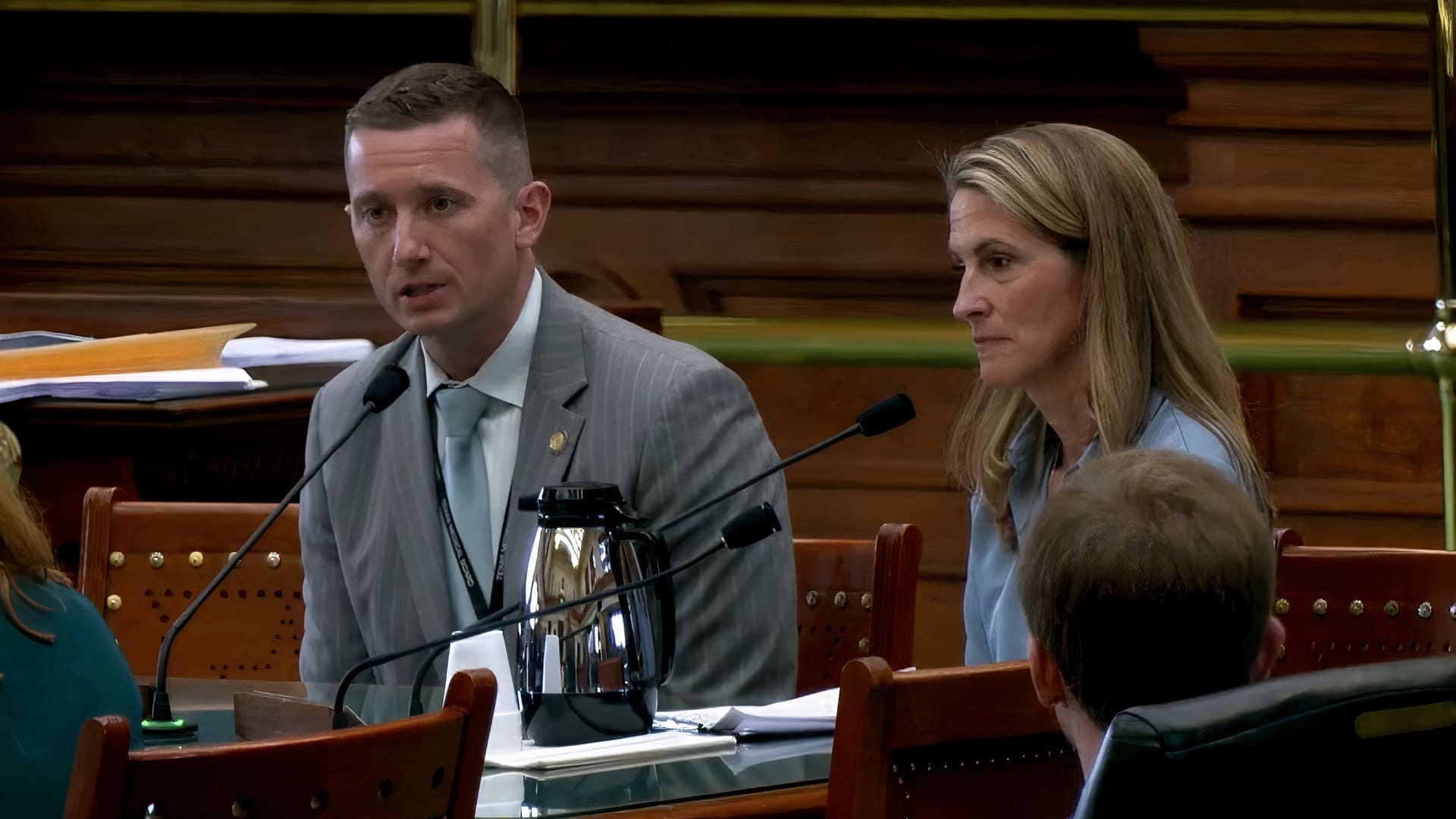Florida Gov. Ron DeSantis signed into law legislation that bans vaccine passports, mandates an audit of spending authorized by the governor in an emergency, and limits the time of local government emergency orders. Meanwhile, two bills that would ban vaccine passports in the Lone Star State are languishing in the Texas House.
Florida Senate Bill 2006, signed into law this week, bans businesses from mandating customers show proof of receiving a COVID-19 vaccination, or having recovered from the virus, in order to receive service. It bans schools from requiring the same of students and residents, and government entities are similarly restricted. The ban doesn’t extend to screening protocols “consistent with authoritative or controlling government-issued guidance to protect public health.” Fines no higher than $5,000 per incident may be issued for violating this law.
“In Florida, your personal choice regarding vaccinations will be protected, and no business or government entity will be able to deny you services based on your decision,” DeSantis stated on Monday.
Applauding his effort, Texans for Vaccine Choice is urging the passage of Texas Senate Bill 968 and House Bill 1687, both of which have yet to receive a hearing in their assigned Texas House committees. SB 968 passed the Senate and is in the House State Affairs Committee, chaired by State Rep. Chris Paddie (R–Marshall). HB 1687 is in the International Relations & Economic Development Committee, chaired by State Rep. Angie Chen Button (R–Garland).
TFVC says SB 968 “would prohibit the use of vaccine passports by Texas businesses and outlaw employer vaccine mandates,” while HB 1687 “would prohibit employers, labor organizations, and employment agencies from discriminating against individuals based on COVID-19 vaccination status.”
TFVC has issued a call to action for citizens to ask Paddie and Button to schedule hearings for SB 968 and HB 1687, respectively.
Remarkably, Florida’s SB 2006 does more than ban vaccine passports. Among other things, it requires an audit of all taxpayer monies spent by the governor’s office during an emergency, creates an emergency fund to draw upon during disasters, and sets up a disaster preparedness plan for the state. Also, local governments’ emergency orders are limited to seven days and may not be renewed for more than 42 days.
The last day for House committees to vote out House bills or House joint resolutions is May 10, while the last day for the overall House to consider House bills and House joint resolutions on the floor for a second reading is May 13.
The House Calendars Committee, which schedules bills to be considered by the whole House once they move out of committee, is well within the 30 days they have allotted to take no action on any bill, thus making another avenue for bills to die in the legislative process.
Legislation may be tracked using Texas Legislature Online.




